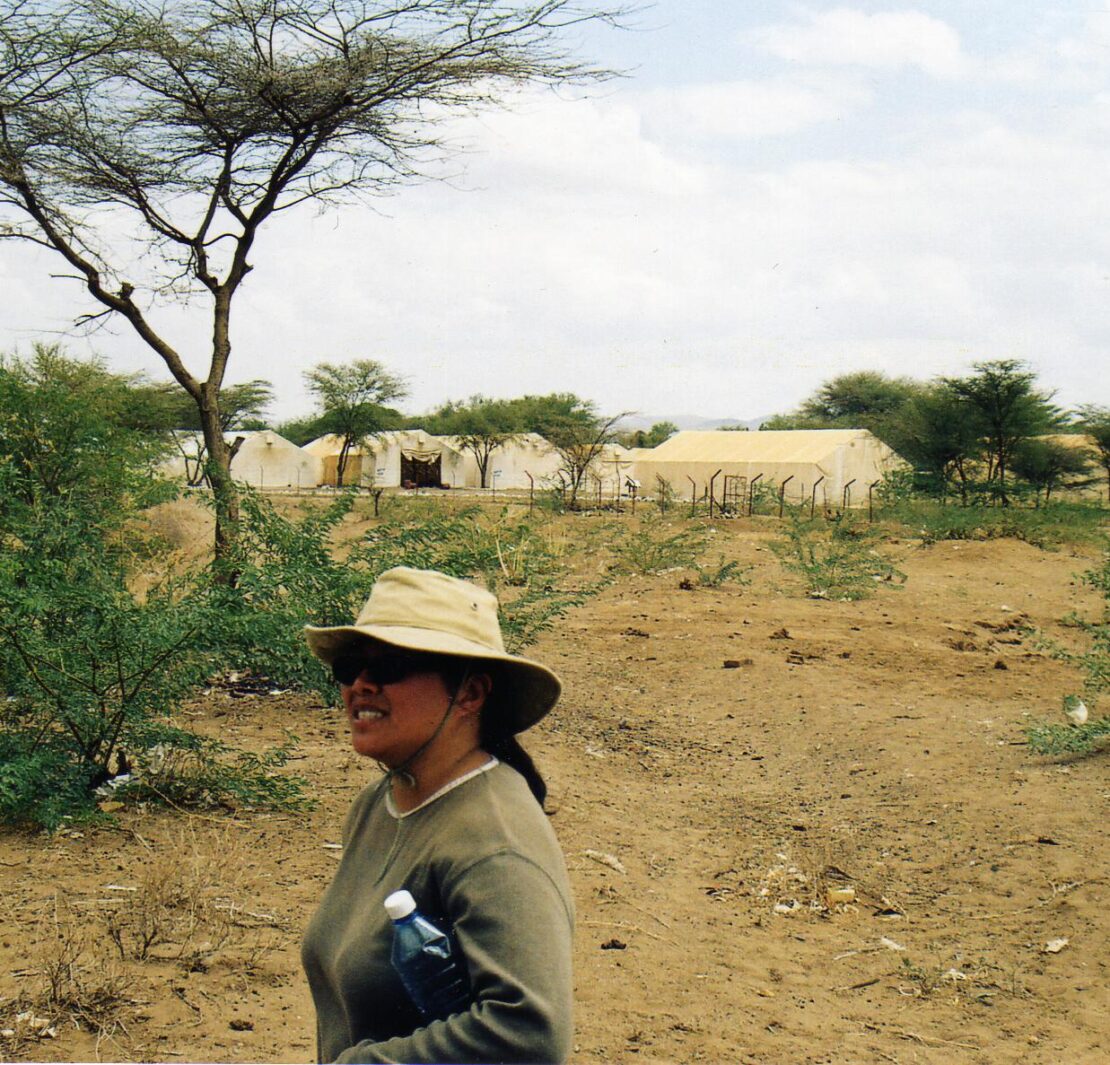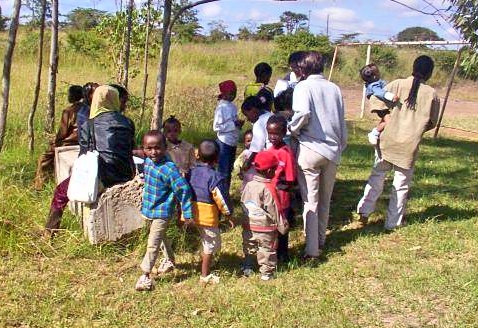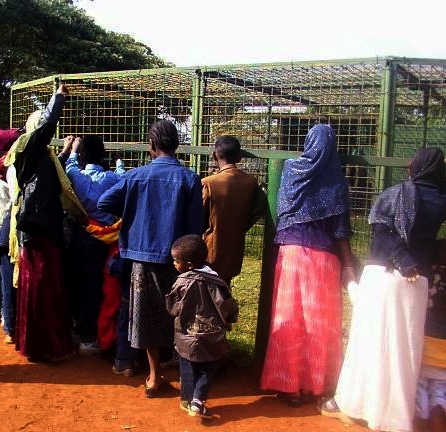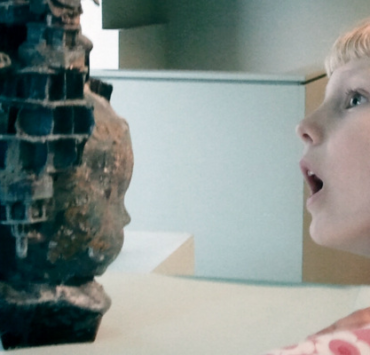Agatha Verdadero took the off-the-beaten when she went to teach at refugee camp in Kenya 19 years ago. An often unheard of story of a Filipina expat immigrating to another developing country. But she hasn’t looked back since.
Kenya has been my home since 2002 and it has not been easy explaining to other Filipinos why. I guess coming from one developing country and settling down in another with an even lower GDP, does not sound like an improvement of one’s financial situation. But after two decades of living here, I hardly looked back in regret on my decision to immigrate.
From educator to missionary
After finishing my master’s degree in creative writing, I was accepted as assistant professor at the De La Salle University Manila. I was a young, independent woman, set for a life of comfort with a flourishing career among fellow educators.
But my life path changed when I attended a worship service, where American missionaries were inviting volunteers to join a mission in Kenya.
The United Nations High Commissioner for Refugees considers Kenya the most stable country in the East African region. Most refugees came from neighboring countries like Sudan, Somalia, Ethiopia, Rwanda, Burundi, and Congo, hoping to start a new life in a country more developed than theirs. To transition them into their new life, volunteers were needed to teach literacy and the English language.
The notion to volunteer came as easily as breathing. At that time, it sounded like an invitation to an adventure and Africa was on top of my dream destinations. The continent intrigued me because the little I know about it came from TV shows like Born Free and Roots, and the film Amistad. I wanted to know more of its rich history and culture, and hear the stories of its people.

While I was heading there to be a volunteer teacher, I had no illusions. I was ready to be the student and to learn from the people I was going to meet.
It was difficult leaving my job in La Salle. In fact, they refused my resignation and gave me a one-year unpaid leave instead, so that I can go back to my cushy job at the end of my “mission”. But I knew that my fate was set. I knew I was not going to return.
My family and friends had mixed reactions. They were excited about my new vocation but worried about my lack of financial security. On top of that, many things could threaten my life and limb: war, disease, famine, terror attacks, etc.—the usual news fodder from Africa.
Their worry wavered my resolved several times, but my decision was firm. While I would like to claim that my stubbornness is a form of inner strength and perseverance, at some point, it became a matter of proving everyone wrong. My spirit was exhausted, and I just wanted to leave.
Fears coming true
My first six months were spent at a language school, where I learned Swahili, Kenya’s national language and the lingua franca of the East African region. After finishing the course, my teammates and I were pretty much thrown into the deep end of things.
True to the fears of my inner circle, I did struggle. Having no steady income and relying on resources from other people started to take its toll on me. I was also incredibly stressed dealing with people from a wide variety of cultures. Refugees would treat us with distrust, and we struggle on earning their trust. We were the pioneers of our organization, so we had to practically learn everything from scratch and write down a handbook for others to follow.
My first years of living in Kenya taught me an important lesson. I learned how to ask for and accept help. Diplomas from prestigious universities cannot count for anything when you are about to be evicted from your house.
What became starkly clear was that things we usually hold dear – fancy jobs, high salaries, holidays and material possessions, will never fill the void in one’s spirit.
Once I was invited to dine at a friend’s home, a rundown, one-room place behind a row of ramshackle stores. The house was so small place that our knees touched as we sat on some stools beside a small coal stove, where she cooked everything. She only had fried beans and potatoes, but I knew I was eating a queen’s feast because it came from a heart that expected nothing in return but my friendship.
Kenya has taught me to be kind, to be emphatic, to be human. But this does not stop me from learning and discovering more about myself and this beautiful country every day. Like me, there are other Filipino expats living in Kenya who also have their stories to tell. Stories of discovering oneself.
Editor’s note: Agatha Verdadero will be writing a monthly column called Cloud and Soil for The Filipino, expat magazine.






